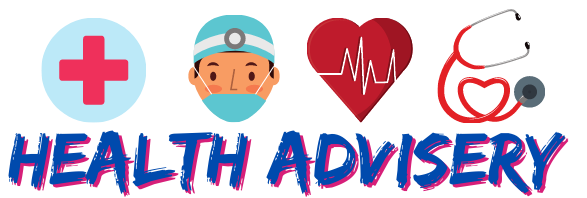Your mental behavior affects the way you react to situations. It influences your perceptions and views towards life experiences. For instance, you will respond negatively to a problem if you perceive it negatively. But if you find an optimistic viewpoint, you will improve your well-being and mental health. Though you can achieve this through various methods, Cognitive behavioral therapy is more effective.
Table of Contents
What is Cognitive Behavioral Therapy?
Cognitive behavioral therapy (CBT) is a psychotherapy that aims to treat dysfunctional emotions, behaviors and thoughts. It is a solution-based strategy that encourages you to challenge unhealthy or distorted beliefs to create new, healthy behavior patterns. Cognitive Behavioural Therapy (CBT) in London will help you address anxiety and other major mental health problems.
Types of Cognitive Behavioral Therapy
CBT entails various techniques and approaches to addressing emotions, thoughts and behaviors. The types of CBT include:
- Cognitive therapy focuses on identifying and changing the unhelpful or distorted thinking patterns experienced by depressed individuals. Cognitive therapy uses elements such as agenda-setting and homework assignments in the sessions. The aim is to emphasize the correction of cognitive distortions or thinking errors.
- Behavior therapy involves teaching techniques or skills to replace negative behavior patterns with more positive behavior.
- Dialectical behavior therapy: It highlights accepting uncomfortable thoughts, behaviors and thoughts rather than fighting them. It encourages you to change through a mindful and present stance, making it ideal for individuals with extreme, unpredictable, negative emotions.
- Rational emotive behavior therapy involves identifying irrational beliefs, actively challenging them, and recognizing and changing maladaptive thought patterns. It is based on the idea that each person holds a unique set of basic assumptions about themselves and the world that influence their action and reaction.
How to Get the Most Out of CBT
You can apply the following tips to make CBT a success
- Take the therapy as a partnership: Participating actively and sharing in decision-making will be more effective.
- Be open and honest: Be willing to share your thoughts, feelings, and experiences and be open to new insights and ways of addressing the issues.
- Stick to the treatment plan: You might be tempted to skip sessions due to lacking motivation. Doing that will ruin your progress and your CBT results. So attend all sessions and participate fully.
- Take the homework seriously: if the therapist tells you to keep a journal or read a book, ensure you do it perfectly. Doing the task will help you acquire and apply skills in therapy sessions.
Benefits of Cognitive Behavioral Therapy
- It is an effective medication for treating mental health disorders
- It doesn’t take much time to complete: Depending on your issues, you’ll spend less time than other talking therapy forms for the sessions.
- CBT has different therapy session types and tools: Your therapist can choose the best approach to address your issue.
- CBT offers functional real-world skills: You’ll gain essential skills to help you cope with life situations positively.
- CBT is a collaborative effort that allows you to solve difficult life situations.
- Medication can work with CBT: If medication alone isn’t working, you can collaborate with CBT for a higher success rate.
Conclusion
Cognitive behavioral therapy is ideally beneficial in treating mental issues. It helps treat various mental disorders, including anxiety, panic attacks and depression. Knowing the above things will help you get started properly with CBT.

